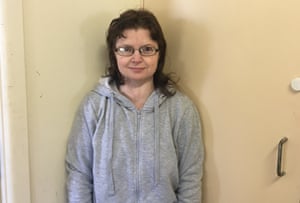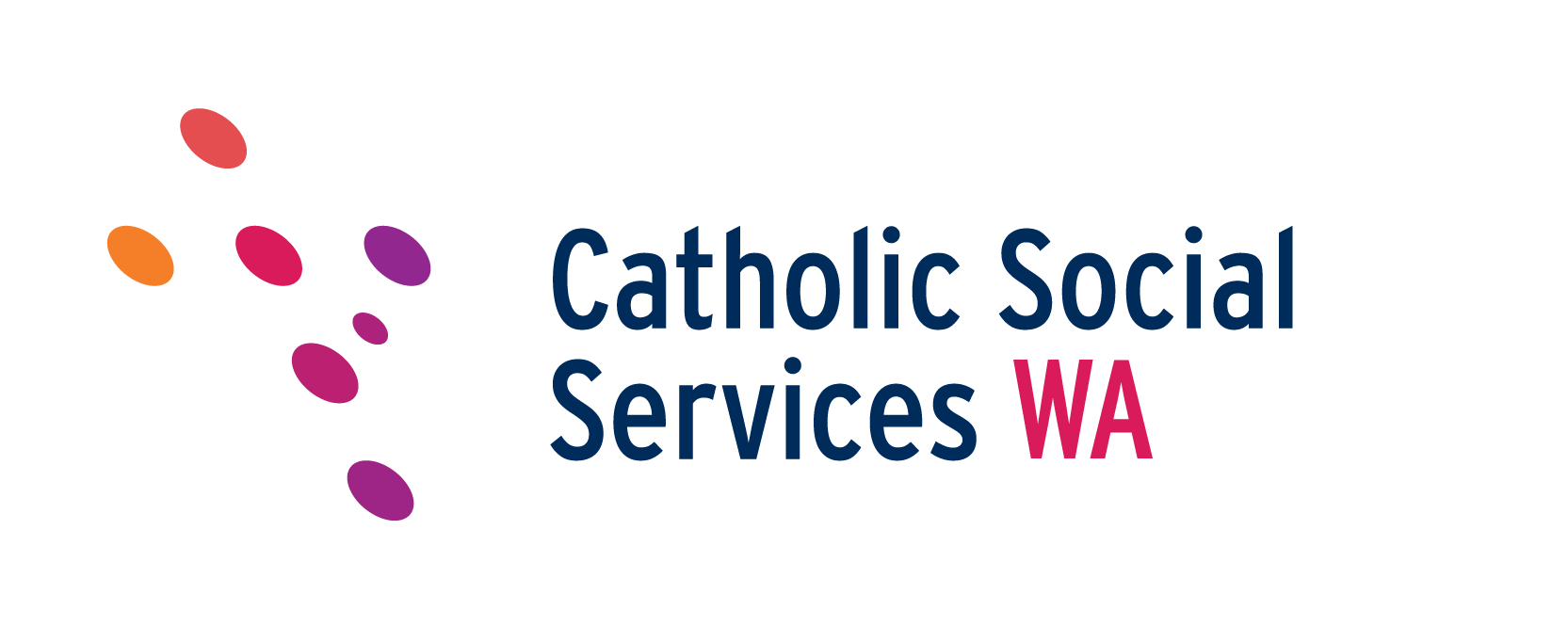Last year, Tamara Burt had to reschedule her job agency appointments five times in a row. She just couldn’t get out of bed without feeling woozy.
And so the agency, a disability employment services provider, reduced her Newstart allowance each day until she went in for a meeting.
“By the time I ended up getting my payment, it was pretty much only half of it,” said Burt, 33.
The Bendigo woman has an autoimmune condition but doctors have been unable to give her an exact diagnosis, which means she cannot get on to the disability support pension. She thinks it might be chronic fatigue syndrome but she also has a range of mental health issues, including depression, anxiety and post-traumatic stress disorder.

“If I go out for just as much as an hour, I end up feeling really woeful for at least three days,” she said.
On Monday, a new study will confirm Burt’s story is likely a common one.
The study shows Newstart recipients are six times more likely to face poor health outcomes and suffer an “increased prevalence of disease in multiple categories”.
In what researchers describe as the first report to look at broad health outcomes for Newstart and disability support pension recipients, the Monash University study finds these people reported “stark” differences in their health outcomes compared with those in paid work.
Australia’s 700,000 Newstart recipients were more likely to be hospitalised than wage earners, more often reported “mental and behavioural problems” and generally faced an “increased burden of ill health”.
The lead researcher, Prof Alex Collie, told Guardian Australia that an increase in the rate of the unemployment benefit could turn these health outcomes around and help get people back into work.
Using data from the National Health Survey, the researchers were able to analyse self-reported health conditions, and the use of health services and medicines among Newstart and the disability pension recipients compared to those earning a wage.
Key findings of the study include:
- Newstart recipients were 6.8 times as likely to described their own health as poor. Those on the disability pension were 18.3 times more likely to report poor health.
- Nearly half (48.6%) of Newstart recipients reported “mental or behavioural problems”, compared with 21% among wage earners.
- Both disability pensioners and Newstart recipients were significantly more likely to report having five or more conditions than wage earners.
- Newstart recipients were at 1.5 to 2 times increased risk than wage earners of hospitalisation.
- 70% of disability pensioners reported a behavioural condition, despite only 16% saying it was their primary disability.
Collie said while overseas research found one of the reasons people went on to government benefits was ill health, the situation was compounded by poverty and financial stress.
“My personal view is that an increase in the rate of Newstart would help people to become more healthy,” he said. “It would help them to afford the things that a lot of us take for granted like food and housing, which are important things if you’re trying to be healthy.
“And not doing just means we’re putting those people in positions where it’s less likely that they’re going to be able to live a healthy life.”
Burt last went to a dentist was about five years ago. “That wound up being a birthday present from my grandfather,” she said.
She has struggled to afford her mobility scooter and to see specialists who do not bulk bill and her mental health plan only allows her 10 sessions with a psychologist a year before she needs to pay.
The researchers argue that Australia’s welfare and health systems are not well-linked. Collie said there were multiple assessments welfare recipients underwent to determine their eligibility for payments.
“[These could be] used to identify the health needs of that person,” he said. “It might trigger action in the healthcare system, to make sure that person’s health needs are being addressed.”
Guardian Australia reported in April that the number of sick and disabled people who were on Newstart rather than the disability pension had reached a record high 200,000.
“Our prediction is that because of the changes to the rules around who gets access to the DSP, and who gets access to Newstart, that there that will be an increase in poor health in both of those groups,” Collie said.
Burt said she could not get on to the disability pension because she was “not considered disabled enough”.
“My condition is not diagnosed so that makes it really hard as well,” she said. “I ended getting the form, I ended up going through and filling out what I could, and it’s like, ‘I can’t fill it out any further here’. I ended up taking it to the doctor. They couldn’t fill it out any further because [there was] no diagnosis.”
In Australia, the crisis support service Lifeline is on 13 11 14. In the UK, the Samaritans can be contacted on 116 123. In the US, the National Suicide Prevention Hotline is 1-800-273-8255. Hotlines in other countries can be found here.


